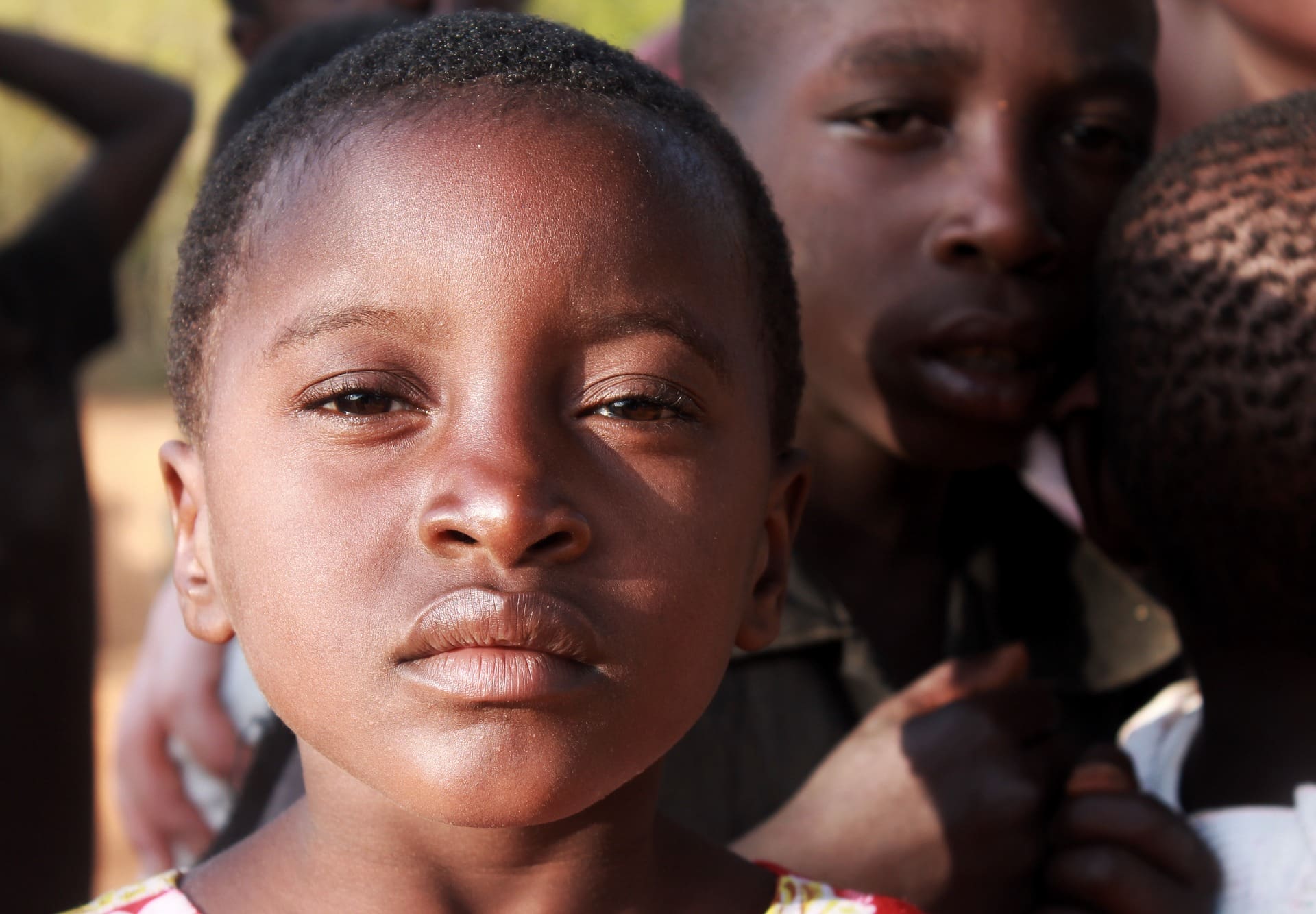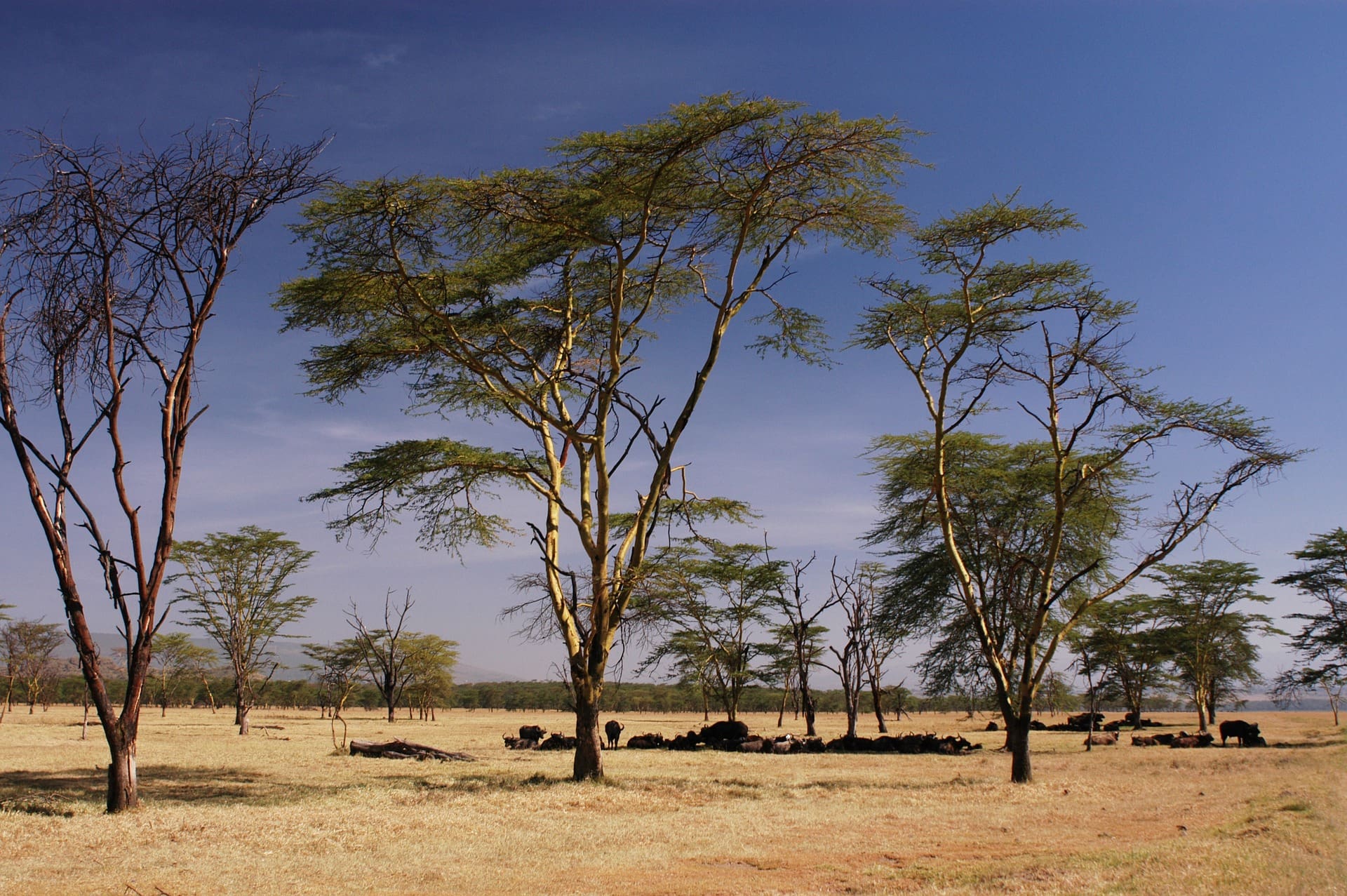Kenya
safari, landscapes, culture, biodiversity, hospitality
About Kenya
Culture and Religion
Where to go
How to get there
Visa Requirements
Travelling Budget
About Kenya
Kenya is a country located on the eastern coast of Africa, known for its diverse landscapes, rich wildlife, vibrant culture, and warm hospitality. It is bordered by five countries, including Tanzania to the south, Uganda to the west, South Sudan to the northwest, Ethiopia to the north, and Somalia to the northeast.
Kenya is famous for its safaris, offering visitors the opportunity to witness the majestic Big Five (lion, elephant, rhino, buffalo, and leopard) in their natural habitats. The country is home to numerous national parks and reserves, such as the Maasai Mara, Amboseli, Tsavo, and Lake Nakuru, which provide unparalleled wildlife viewing experiences.
Beyond its stunning wildlife, Kenya boasts a wide range of landscapes. From the snow-capped peaks of Mount Kenya, Africa’s second-highest mountain, to the rugged beauty of the Great Rift Valley, and the pristine white-sand beaches along its Indian Ocean coastline, Kenya offers diverse natural beauty that is unparalleled.
Kenyan culture is vibrant and diverse, with over 40 different ethnic groups. Each community has its own traditions, music, dance, cuisine, and art, making Kenya a melting pot of cultures. The Maasai people, with their distinctive red robes and beadwork, are perhaps the most well-known ethnic group.
The country is also known for its resilience and innovation. Kenya has emerged as a hub for technological advancements in Africa, with its thriving mobile money transfer system, M-Pesa, being a prime example. The capital city, Nairobi, is a bustling metropolis that is home to numerous tech startups, multinational corporations, and a vibrant arts and entertainment scene.
In terms of tourism, Kenya offers a multitude of activities such as hiking, hot air balloon safaris, cultural visits to local communities, and beach holidays. The warmth and friendliness of the Kenyan people make it a welcoming and unforgettable destination for travelers from around the world.
Culture and Religion
Kenya is a country with a rich and diverse cultural heritage, shaped by its numerous ethnic groups and historical influences. There are over 40 different ethnic communities in Kenya, each with its own unique traditions, customs, languages, music, dance, and cuisine. The largest ethnic groups include the Kikuyu, Luhya, Luo, Kalenjin, Kamba, and Maasai.
Traditional African beliefs and practices are an integral part of Kenyan culture. Many communities have deep-rooted spiritual beliefs in ancestral spirits and the power of nature. Ceremonies like initiation rites, weddings, and funerals are important events that involve rituals, dances, songs, and prayers.
Religion also plays a significant role in Kenyan society. Christianity is the dominant religion, with a significant number of Kenyans being Roman Catholic or Protestant. Islam also has a considerable following, particularly among the coastal communities and certain ethnic groups. Other religions practiced in Kenya include Hinduism, Sikhism, and traditional African religions.
In urban areas, traditional cultural practices may be less visible, as Kenya has experienced modernization and western influences. However, cultural festivals and events are still celebrated across the country, providing an opportunity to showcase traditional music, dance, and attire.
The Maasai people are renowned for their distinct culture and are often seen as symbolic of Kenyan tradition. They are known for their vibrant attire, intricate beadwork, and cattle herding practices. Visitors to Kenya often have the chance to engage with Maasai communities to learn about their customs and way of life.
Despite the diversity of cultures and religions in Kenya, there is a generally harmonious coexistence and cultural exchange among different communities. Kenya’s cultural richness and tolerance make it a captivating destination for those interested in exploring and experiencing the diversity of African traditions.
Where to go

Maasai Mara National Reserve
The Maasai Mara is one of Kenya’s most iconic destinations, famous for its incredible wildlife diversity and the annual wildebeest migration. Visitors can witness thrilling game drives, spot the Big Five, and see predators in action in this vast savannah ecosystem.

Mount Kenya
As Africa’s second-highest mountain, Mount Kenya is a UNESCO World Heritage site and a haven for hikers and climbers. With its stunning peaks, glaciers, and unique alpine vegetation, it offers various trekking routes, ranging from moderate to challenging.

Amboseli National Park
Known for its picturesque views of Mount Kilimanjaro, Amboseli National Park is home to large elephant herds and an abundance of other wildlife. Visitors can enjoy game drives, spot diverse bird species, and experience the traditional Maasai culture in the nearby communities.

Diani Beach
Located on Kenya’s south coast, Diani Beach is a tropical paradise with turquoise waters, powdery white sands, and swaying palm trees. It offers a range of water sports, including snorkeling, diving, and kiteboarding, while providing a serene setting for relaxation and beachfront resorts.
Note: These highlights represent just a fraction of the many incredible destinations and experiences that Kenya has to offer, from its diverse wildlife and landscapes to its vibrant culture and warm hospitality.
How to get there
Getting to Kenya is relatively easy, thanks to its well-connected transportation network.
By air, Jomo Kenyatta International Airport (NBO) in Nairobi is the main gateway to the country. It receives direct flights from major international cities such as London, Amsterdam, Dubai, Istanbul, and Johannesburg. There are also several regional airports, including Moi International Airport in Mombasa and Eldoret International Airport.
If you are traveling from neighboring countries, road access is available, as Kenya shares borders with Tanzania, Uganda, South Sudan, Ethiopia, and Somalia. Various border crossings allow for overland travel, although it is essential to check visa requirements and ensure safe passage based on current situations.
Kenya has a well-developed domestic airline network, making it convenient to reach different regions within the country. Local carriers offer scheduled flights to popular tourist destinations like Mombasa, Malindi, Kisumu, and the Maasai Mara.
Once in Kenya, travel within the country can be done by various means. Public transportation includes buses and matatus (shared minivans). Alternatively, renting a car or hiring a private driver is a popular choice for more flexibility.
Another option for travel within Kenya is the famous Madaraka Express, a modern railway system that connects Nairobi to Mombasa. This train offers a comfortable and scenic journey.
In summary, getting to Kenya is accessible through international flights to Nairobi, overland travel from neighboring countries, or domestic flights to various destinations. Once in the country, different transportation options are available to explore the diverse regions and attractions that Kenya has to offer.
Visa Requirements
Visa requirements for Kenya vary depending on your citizenship and the purpose and duration of your visit.
Citizens of certain countries, referred to as “visa-exempt” countries, do not require a visa to enter Kenya for tourism or business purposes. These countries include the United States, Canada, the United Kingdom, Australia, most European Union countries, and many others. Visitors from these countries can obtain a visa on arrival at the airport or enter Kenya without a visa for stays of up to 90 days.
However, it’s important to note that visa requirements can change, so it is advisable to check with the nearest Kenyan embassy or consulate before traveling to verify the latest information.
For citizens of countries that are not visa-exempt, a visa is required to enter Kenya. You can apply for a visa in advance at a Kenyan embassy or consulate in your home country. Alternatively, an electronic visa (eVisa) can be obtained online through the official Kenyan eVisa website. The eVisa is valid for tourism or business purposes and allows for a stay of up to 90 days.
For those planning to work, study, or engage in other specific activities in Kenya, it is necessary to apply for the appropriate visa or permit in advance.
It’s important to note that immigration rules and visa requirements can change, so it is recommended to check the official Kenyan immigration website or consult with the nearest Kenyan embassy or consulate for the most up-to-date and accurate information regarding visa requirements before your trip.


Travelling Budget
The cost of traveling to Kenya can vary depending on various factors, including your travel style, preferences, and the duration of your stay. Here are some key considerations to help you plan your travel budget to Kenya:
1. Accommodation: In Kenya, you can find a wide range of accommodation options to suit different budgets. From luxury lodges and hotels to mid-range guesthouses and budget hostels, prices can range from $30 to $300 or more per night. Staying outside major tourist areas can often be more affordable.
2. Transportation: Domestic flights between major cities and popular tourist destinations in Kenya can range from $100 to $300 one way, depending on the route and the airline. Public transportation, such as buses and matatus, is generally inexpensive for getting around within cities and towns. Taxi services and private car hire can also be arranged at varying prices, depending on your preference and negotiation skills.
3. Food and Drinks: Eating at local restaurants and street food stalls can be very affordable, with meals ranging from $5 to $10 per person. Dining at upscale restaurants or resorts can be more expensive, with prices varying depending on the establishment. Remember to try local delicacies like nyama choma (barbecued meat) and ugali (a staple maize meal).
4. Activities and National Parks: Entrance fees to national parks and wildlife reserves in Kenya vary, with rates for foreigners ranging from $40 to $100 or more per person, per day. Safaris and guided tours can also be arranged, with prices depending on the duration, level of luxury, and specific activities included.
5. Souvenirs and Shopping: Kenya is known for its vibrant markets and local crafts. Prices for souvenirs and handicrafts can vary widely, but bargaining is common in markets. Be aware of the authenticity and quality of products before purchasing.
6. Travel Insurance: It is essential to have travel insurance to cover any unforeseen circumstances or emergencies during your trip. The cost of travel insurance will depend on factors such as your age, duration of travel, and coverage.
It’s wise to allocate a budget of around $50 to $100 per day for mid-range travelers, including accommodation, food, transportation, and some activities in Kenya. However, for those seeking higher-end experiences and accommodations, or opting for more exclusive safaris and tours, the budget may need to be adjusted accordingly.
Remember to also factor in additional expenses such as visa fees (if applicable), vaccinations, tips, and optional activities not covered in the daily budget.
What makes your journey easier
Everything you need to know about what to bring to make your travels easier, more safe and fun
Be Mindfull
Gadgets
Gear
Insurance
Visa

























